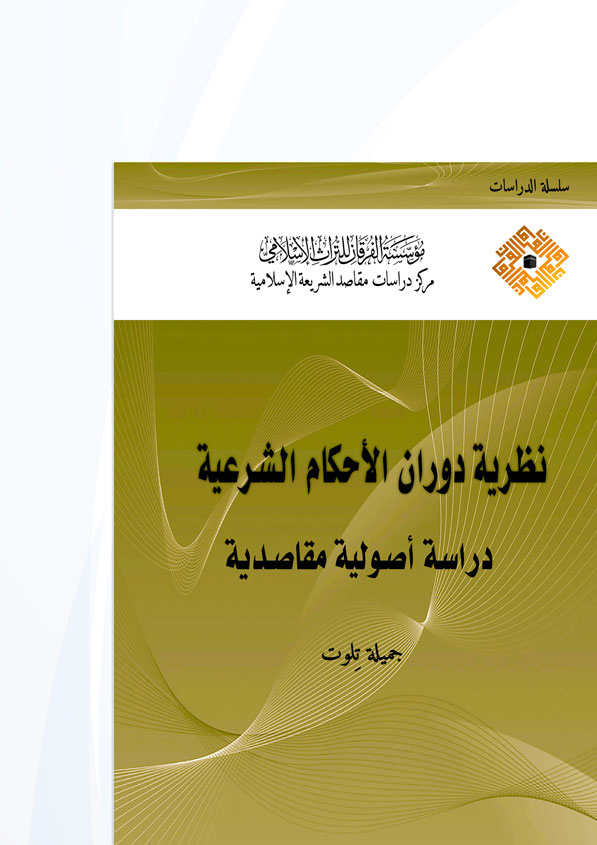Summary
This book considers the application or development of Islamic legal rulings in changing contexts from a perspective that combines knowledge derived from both the legal theory and maqāṣid domains. The book attempts, in all its chapters, to blend legal theory and maqāṣid; indeed, considering that legal theory lays the foundation for the derivation of axioms and rules, while maqāṣid clarify the universals (al-kulliyāt) and desired outcomes (al-ghāyāt), and as such, the two are inseparable.
The book makes use of the “human rights system” in focusing on “justice, liberty, and equality”, considering those areas shared with the maqāṣid system and detail rulings, while highlighting the most important problems of making the universal maqāṣid the effective cause for rulings that will also vary.
The author also addressed a key problem relating to the historical nature of Islamic legal rulings. She based this on a legitimate question: if the effective causes of some rulings were established during the era of legislation, i.e. the Prophet’s (pbuh) era, then will these rulings be voided, in the absence of the contextual effective causes? Does this statement not lead us to conclude that as such rulings are historical, and by extension the Islamic law system (Sharī‘ah) is historical, i.e. obsolete? This is one of the most prominent problems causing many contemporary researchers to lose sleep. The author attempted to shed light on some, in a scholarly and objective interaction that makes this useful, beneficial and entertaining book accessible to the vast majority of intellectuals, not solely the preserve of Islamic law students.



Reviews
There are no reviews yet.